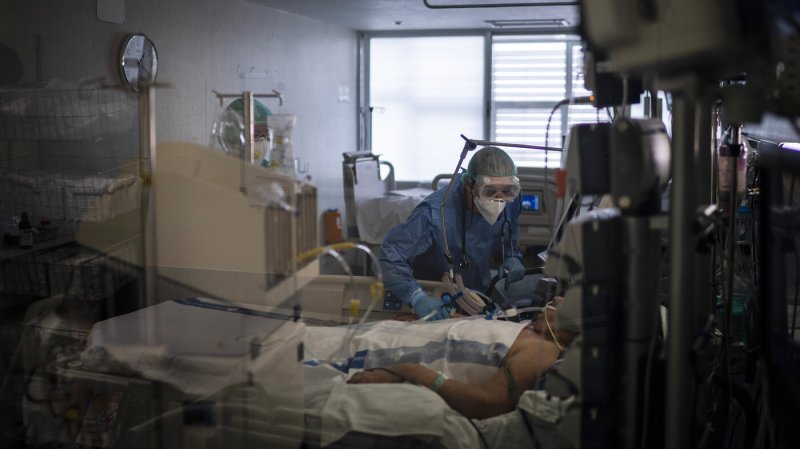Among the many outstanding questions about COVID-19 is how the same virus, SARS-CoV-2, can kill some patients and leave others unaware they were ever exposed. Clinical evidence combined with hints from laboratory research indicate that for at least some patients with severe cases, the primary danger comes from a runaway immune response that irreparably injures tissue, researchers say. Understanding the mechanisms behind that response could be key to finding a treatment for those patients.
It appears that after infection, the virus replicates itself inside a patient, leading to a disease phase where the immune system mounts an inflammatory response against the invader, says Charles Dela Cruz, a pulmonologist at Yale School of Medicine who is researching COVID-19. Then, in those patients who progress to severe disease, “potentially this inflammatory response is too much and hyper-inflames, causing a lot of side effects in terms of tissue damage and organ failure and things like that,” he says.
…
[Randy Cron, a rheumatologist at the University of Alabama at Birmingham] suspects that the answer to why some patients with COVID-19 develop cytokine storms while others don’t may be partly genetic. … He doesn’t know of any current effort to look for such mutations in COVID-19 patients, but expects they will happen eventually.






























